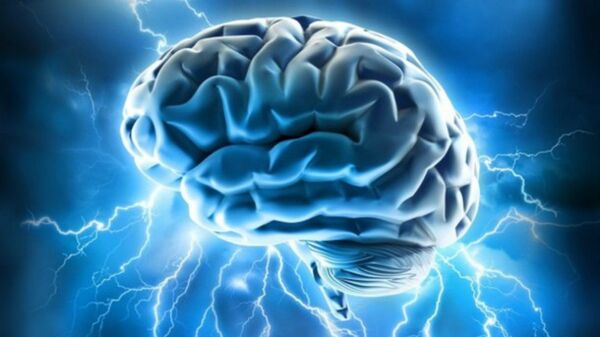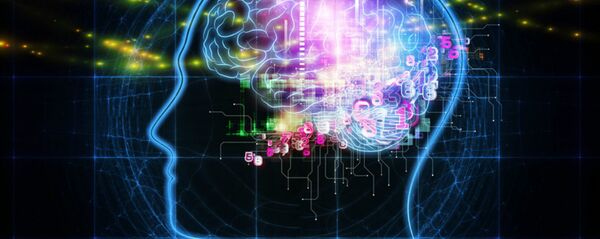At the annual American Association for the Advancement of Science meeting in Washington, scientists announced the development of small, cellular globules that act like human brains, complete with electrical pulses that occur in the natural functioning of a brain.
Thomas Hartung of Johns Hopkins University Bloomberg School of Public Health led the team that developed the “mini brains.” Hartung hopes to have commercially viable examples available by the end of the year.
There are countless possibilities of how these “brains” could help research including its use by pharmaceutical companies when testing new drugs, to provide a more realistic model, making it unnecessary to test on animals.
“This is opening up for a more human-relevant research to study diseases and test substances,” Hartung says. "Nobody should have an excuse to still use the old animal models."
Hartung said the study of autism and Downs Syndrome are particularly promising, however admitting there isn’t enough evidence yet to make anything more than promises.
“I’m selling hopes,” he told Ars Technica.
Other scientists not connected to the research have said that there are many ways in which the development could benefit medical research and help discover how the brain works, even potentially eliminating maladies of the mind and some forms of insanity.
Perhaps the future holds the promise of retaining one’s marbles, even in the face of dire experience.





